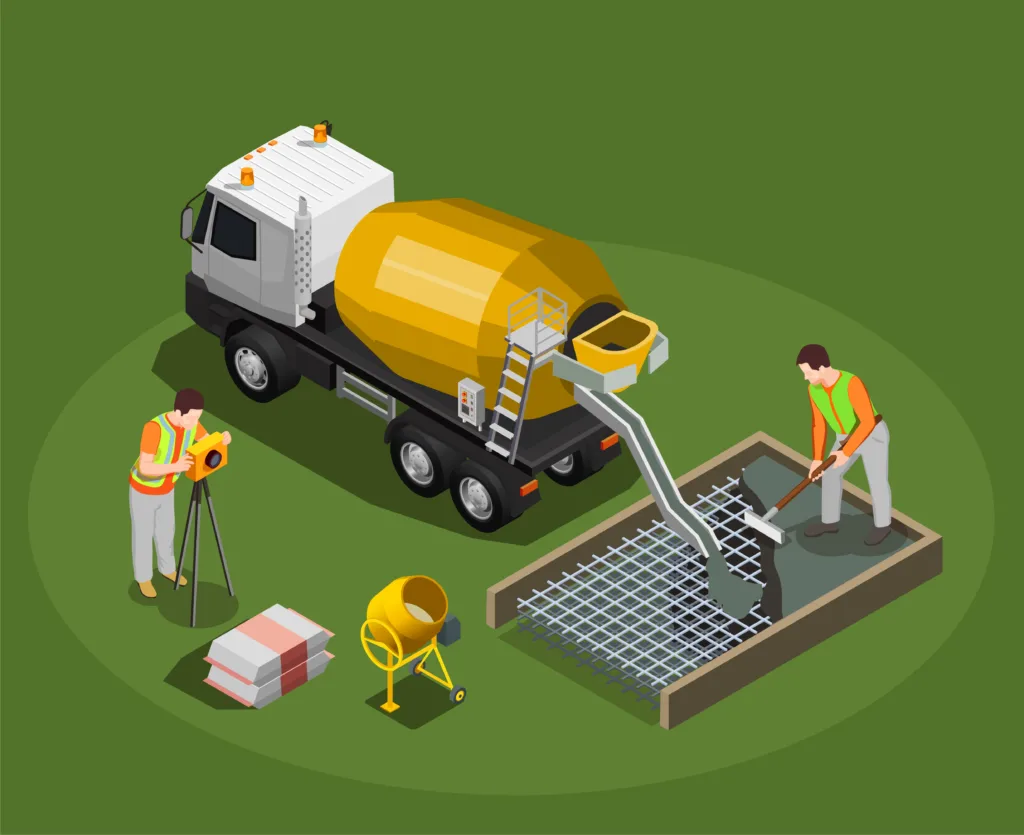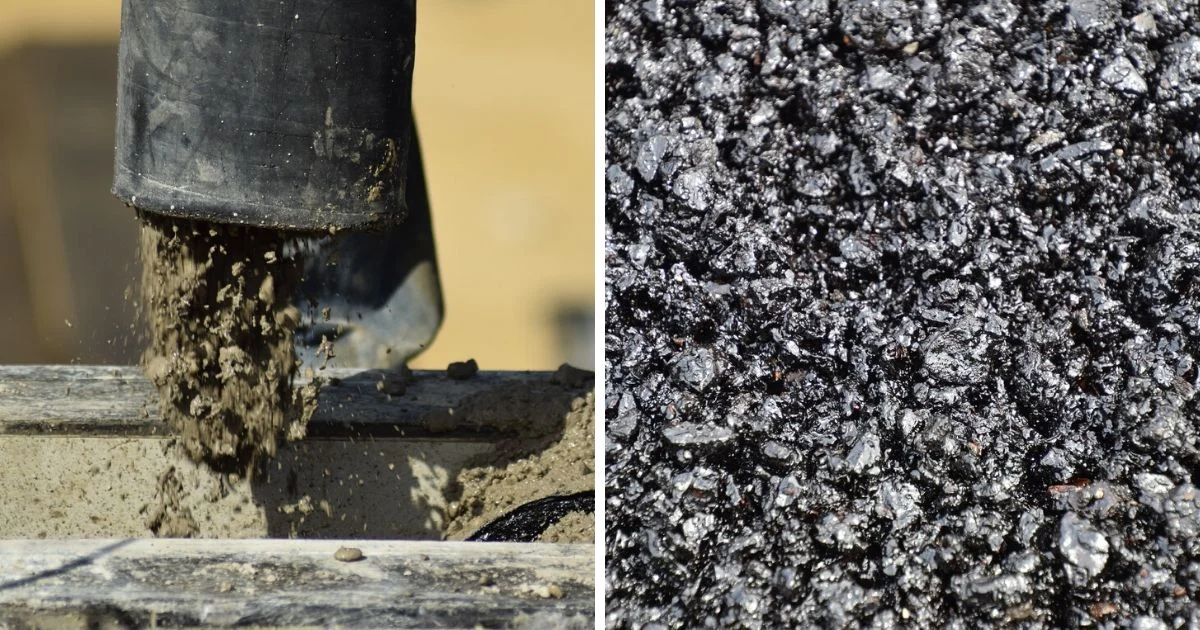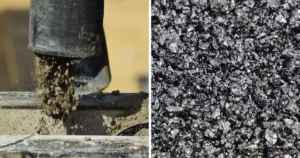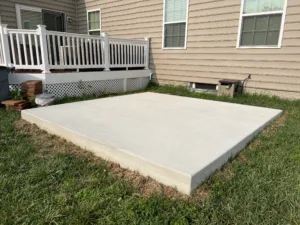Are you planning a paving project and finding yourself torn between concrete and asphalt? Both materials have their unique advantages and applications, making the decision crucial for the longevity and success of your project. In our latest blog post, we delve into the key differences between concrete and asphalt, helping you make an informed choice.

Concrete, known for its durability and low maintenance, is an excellent choice for areas that require long-term solutions and can withstand heavier loads. Its reflective surface reduces the need for lighting, making it an energy-efficient option. Additionally, concrete offers versatility in aesthetics, with options for various finishes and colors.
Asphalt, on the other hand, is known for its quick installation and cost-effectiveness. It’s ideal for areas that require quick completion and is excellent for absorbing noise, making it a popular choice for residential roads. Asphalt’s flexibility makes it less susceptible to cracking in fluctuating temperatures.

In this post, we’ll compare these materials in terms of durability, maintenance, cost, and environmental impact. We’ll also discuss how different weather conditions can affect each material and what that means for your project.
Whether you’re paving a driveway, a commercial parking lot, or a local road, understanding the characteristics of concrete and asphalt is key to your project’s success. Read our comprehensive guide to make a choice that aligns with your needs, budget, and long-term goals.
Visit our blog now to dive deeper into the world of concrete and asphalt, and see why AR Concrete and Masonry is your go-to expert for all your paving needs!






